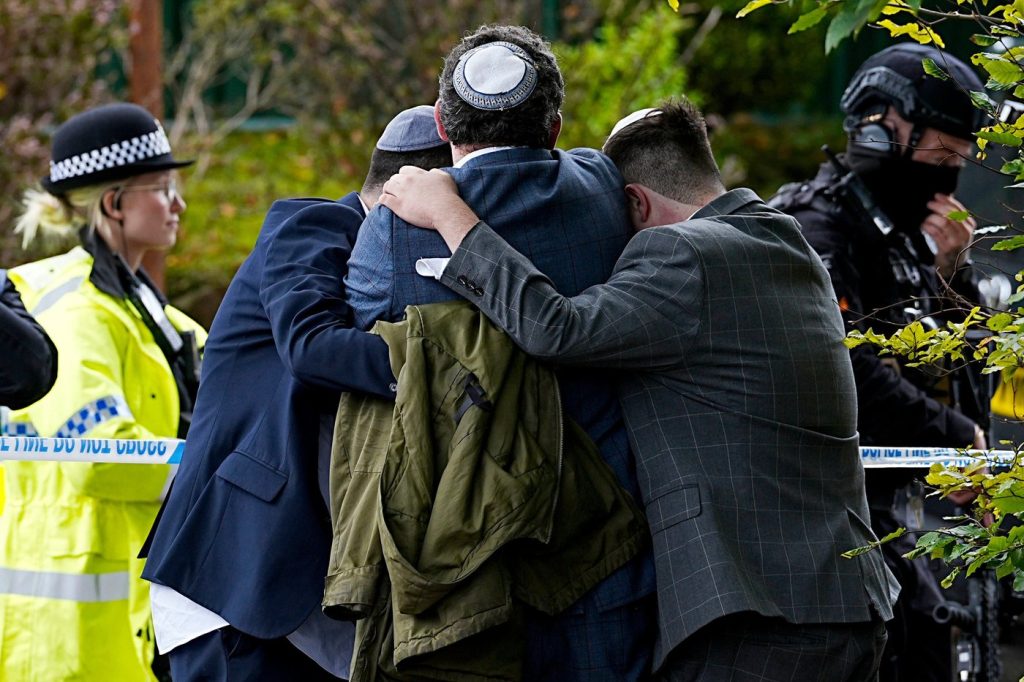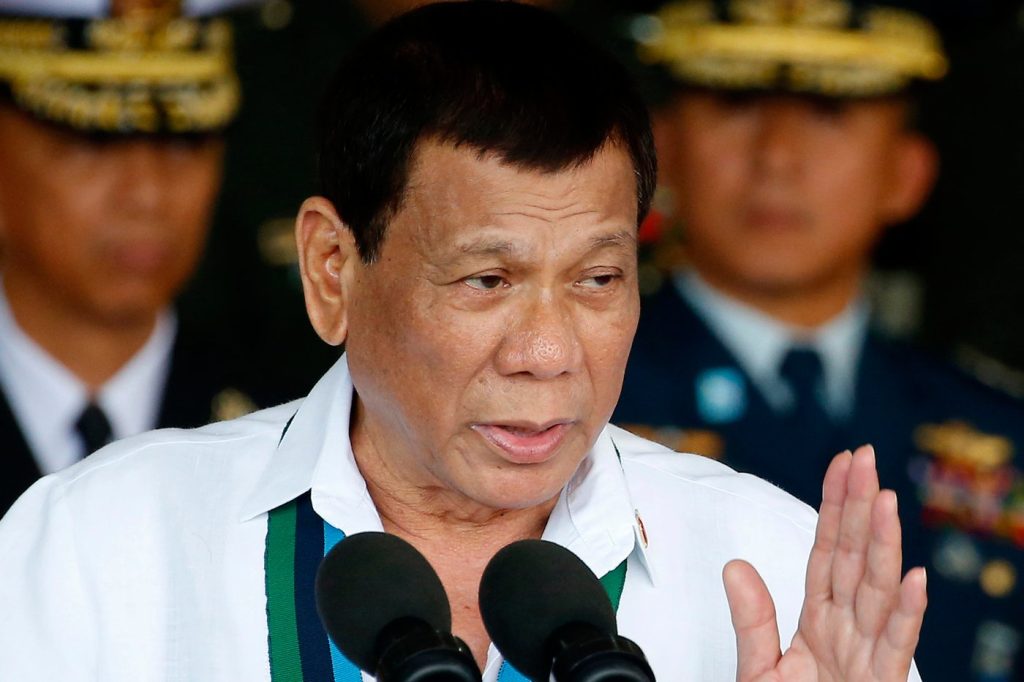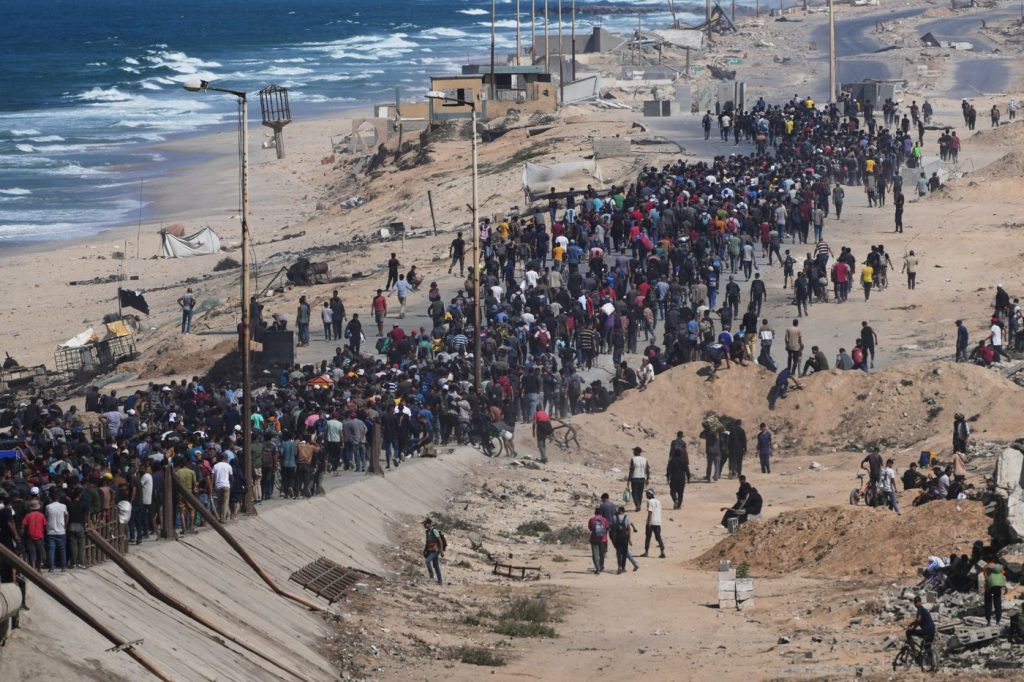Every week, hundreds of millions of people gather in sacred spaces worldwide to worship in peace. However, there are instances when violent attacks shatter this sense of sanctuary and safety. Recently, a tragic attack occurred at a synagogue in Manchester, England, which resulted in the deaths of two congregants and was perpetrated by an individual who had pledged allegiance to the Islamic State group. This incident was preceded by attacks on churches in the United States, as well as high-profile violent events at mosques and synagogues in various countries.
The Oct. 2 attack in Manchester has intensified feelings of anxiety and fear among clergy and worshippers globally. The Right Rev. Toby Howarth of the Church of England expressed that this fear must be addressed, emphasizing the need for people to feel safe when attending places of worship. In response, security measures at many synagogues and churches have been significantly enhanced. In Germany, some synagogues are now surrounded by barriers and monitored by armed police, while in the United States, various congregations implement comprehensive security strategies, including the use of guards, surveillance cameras, and controlled event access through systems like ticketing and registration.
In Pittsburgh, following the deadliest attack on Jews in the U.S. in October 2018 at the Tree of Life synagogue, community leaders initiated systematic security training for congregational leaders. Eric Kroll, deputy director of community security at the Jewish Federation of Greater Pittsburgh, noted that these training protocols, including emergency preparedness even during the Sabbath when phones are generally not used, contributed to saving lives during the incident. Such preparations are crucial for helping communities worship together in confidence amidst ongoing threats.
After the recent Grand Blanc Township church shooting that resulted in four fatalities, Bishop Bonnie Perry of the Episcopal Diocese of Michigan conveyed a similar message. She acknowledged the grief and fear permeating congregations and advocated for a balanced security approach. Bishop Perry rejected locking church doors during services, instead promoting vigilance and emergency response readiness. She emphasized that houses of worship should remain open and welcoming while also being prepared for potential dangers to ensure the safety of their congregants.
The issue of firearm policies in places of worship presents a varied stance among different denominations in the U.S. Some pastors promote the idea of congregants carrying firearms as a precaution, while others strictly prohibit firearms within church premises, reserving this right solely for law enforcement officers.
The threat of violence at Black churches in America is part of a long history of attacks, including church burnings and the tragic murder of nine worshippers at Mother Emanuel AME Church in Charleston, South Carolina, in 2015. This ongoing atmosphere of fear affects worshippers' everyday experiences in church. Khaleelah Harris, a member of Metropolitan AME in Washington, D.C., shared her discomfort as she navigates worship services where the presence of police due to security threats alters the atmosphere entirely.
Violence towards places of worship is a global issue. While attacks on individual churches and synagogues often receive significant media attention, broader ongoing conflicts, such as the destruction of churches by militants in Africa or attacks on mosques in Gaza amid Israeli strikes, may not garner the same level of concern. In places like Egypt, Pakistan, and New Zealand, numerous instances of militant attacks targeting religious congregations have occurred, resulting in devastating consequences for the respective communities.
In response to recent threats, there are calls in both the United States and Britain for legislative action to enhance security measures for houses of worship. Religious leaders in the U.S. are urging Congress to expand the Nonprofit Security Grant Program, which assists nonprofits with security upgrades and emergency planning. In Britain, after the Manchester attack, Prime Minister Keir Starmer promised increased police presence around synagogues, while leaders from Jewish and Muslim communities called for a reduction in public discourse that fuels antisemitism and anti-Muslim sentiment.
As communities strive for a balance between security and the welcoming atmosphere of worship, the overarching goal remains to foster a safe environment for all faiths while addressing the ongoing threat of violence that haunts these sacred spaces.












